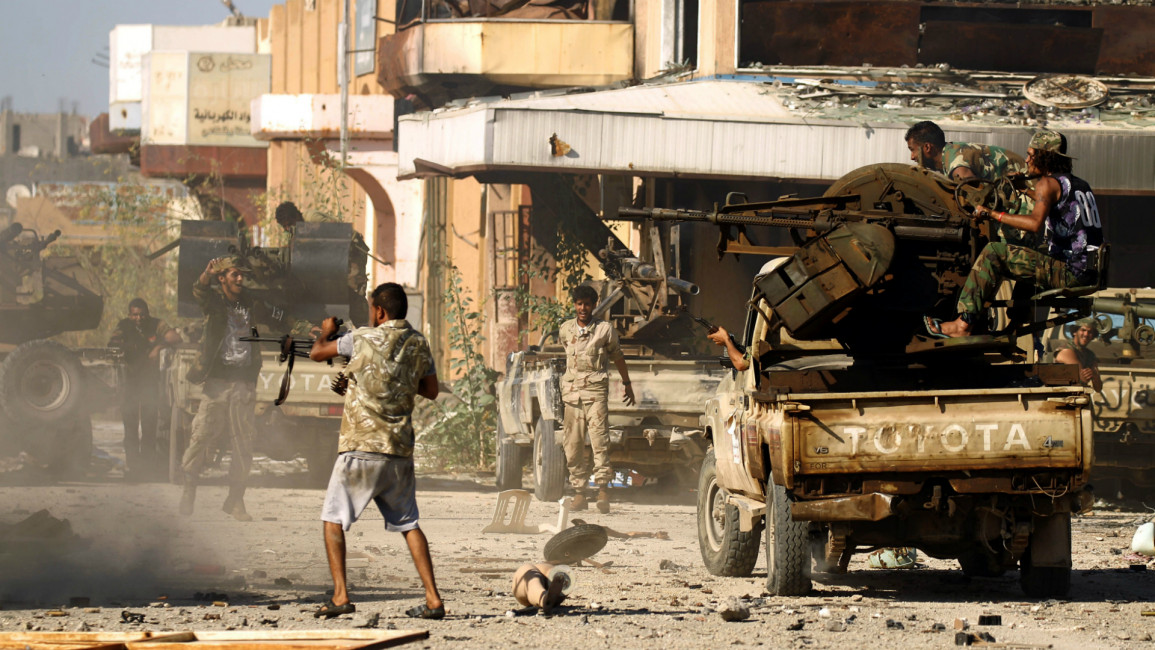Rival Libya administrations agree to remove foreign fighters: UN
Senior Libyan officials from both rival administrations on Wednesday endorsed a coordination mechanism to clear the war-torn country of foreign troops and mercenaries, the United Nations announced.
The UN mission in the North African country hailed "an important step toward achieving sustainable stability and peace in Libya" after a meeting in Cairo along with officials from Sudan and Niger.
However, the discussions led by UN envoy Abdoulaye Bathily failed to produce a clear timetable or concrete measures for the withdrawal of foreign fighters.
Libya descended into a decade of violence following the 2011 overthrow of dictator Moammar Gaddafi in a NATO-backed rebellion.
The resulting power grab gave rise to myriad home-grown militias and prompted interventions by Arab powers as well as Turkey, Russia and Western states.
Since March last year, an administration in Libya's east backed by military leader Khalifa Haftar - who has been close to Russia and Egypt - has challenged the UN-recognised government of Prime Minister Abdulhamid Dbeibah, arguing it has outlived its mandate.
Warlord 2.0: Will Saddam Haftar be his father's successor?
— The New Arab (@The_NewArab) February 1, 2023
✍ @UfukNecat https://t.co/HpYTBuWSFX
Haftar used fighters from Chad, Sudan, Niger and Russia's Wagner mercenary group in his failed attempts to take the capital Tripoli between April 2019 and June 2020.
Hundreds of Wagner fighters have remained in Libya's oil-rich east as well as the south.
The UN estimated in late 2021 that there were more than 20,000 foreign fighters, both military and paramilitary, in the country.
Turkish troops have been stationed in the west, controlled by Dbeibah's government, offering training for Libyan soldiers.
The so-called "5+5" Joint Military Commission, which brings together representatives of both eastern and western Libya, has been working to guarantee the withdrawal of foreign fighters as part of a ceasefire signed in October 2020.
Presidential and legislative elections were originally scheduled for December 2021 to cap a UN-sponsored peace process.
But the polls were postponed indefinitely because of strong differences over controversial candidates and the rules on participation.



